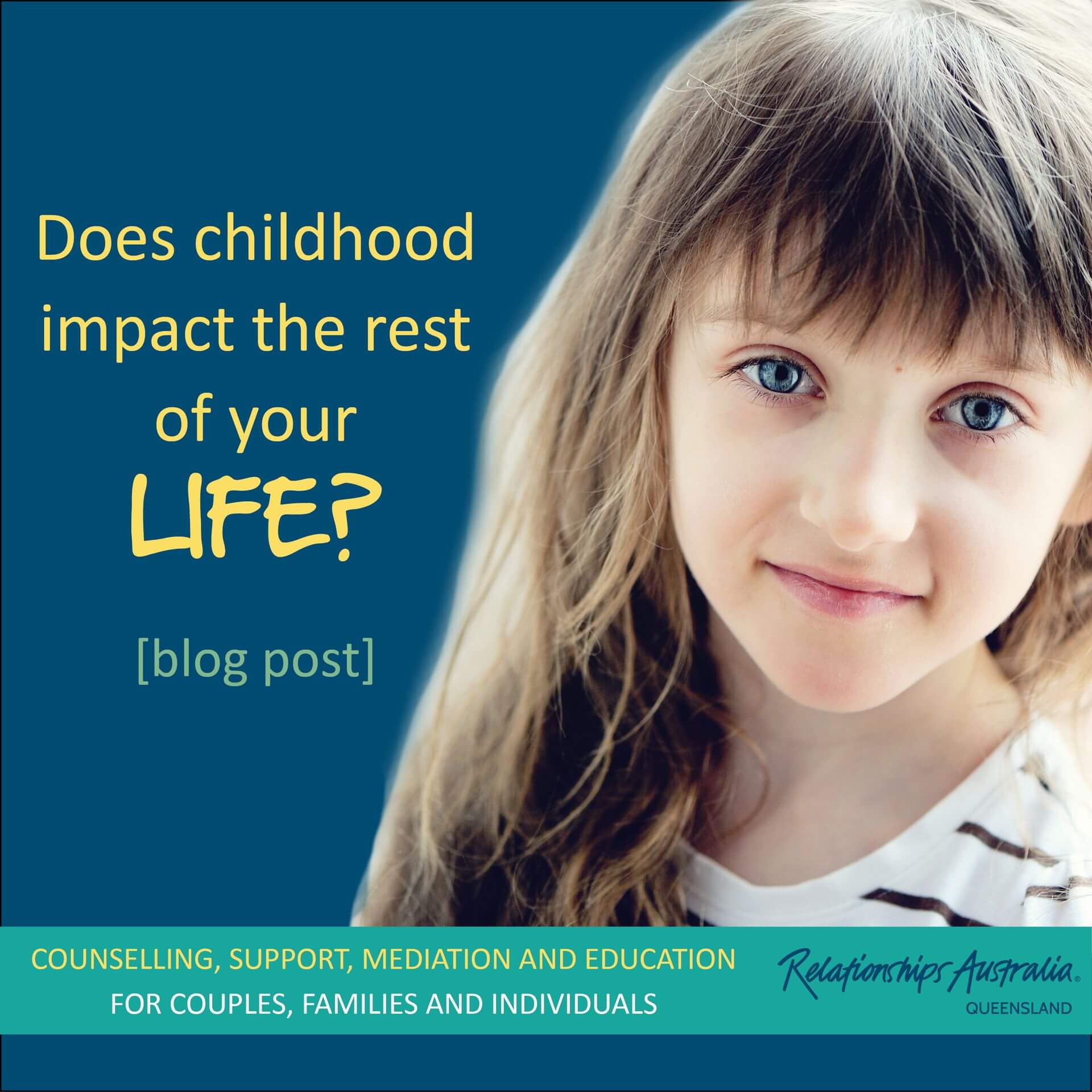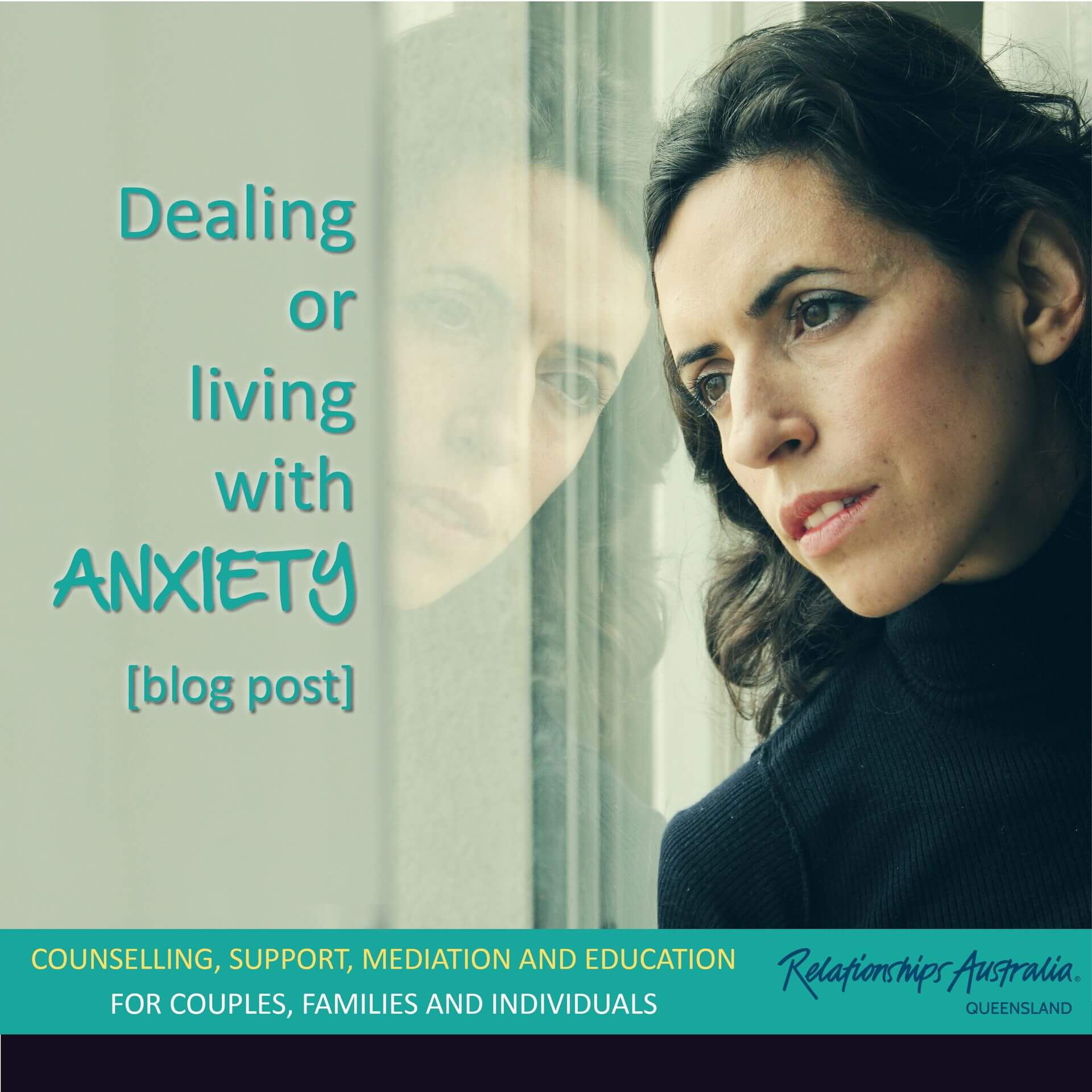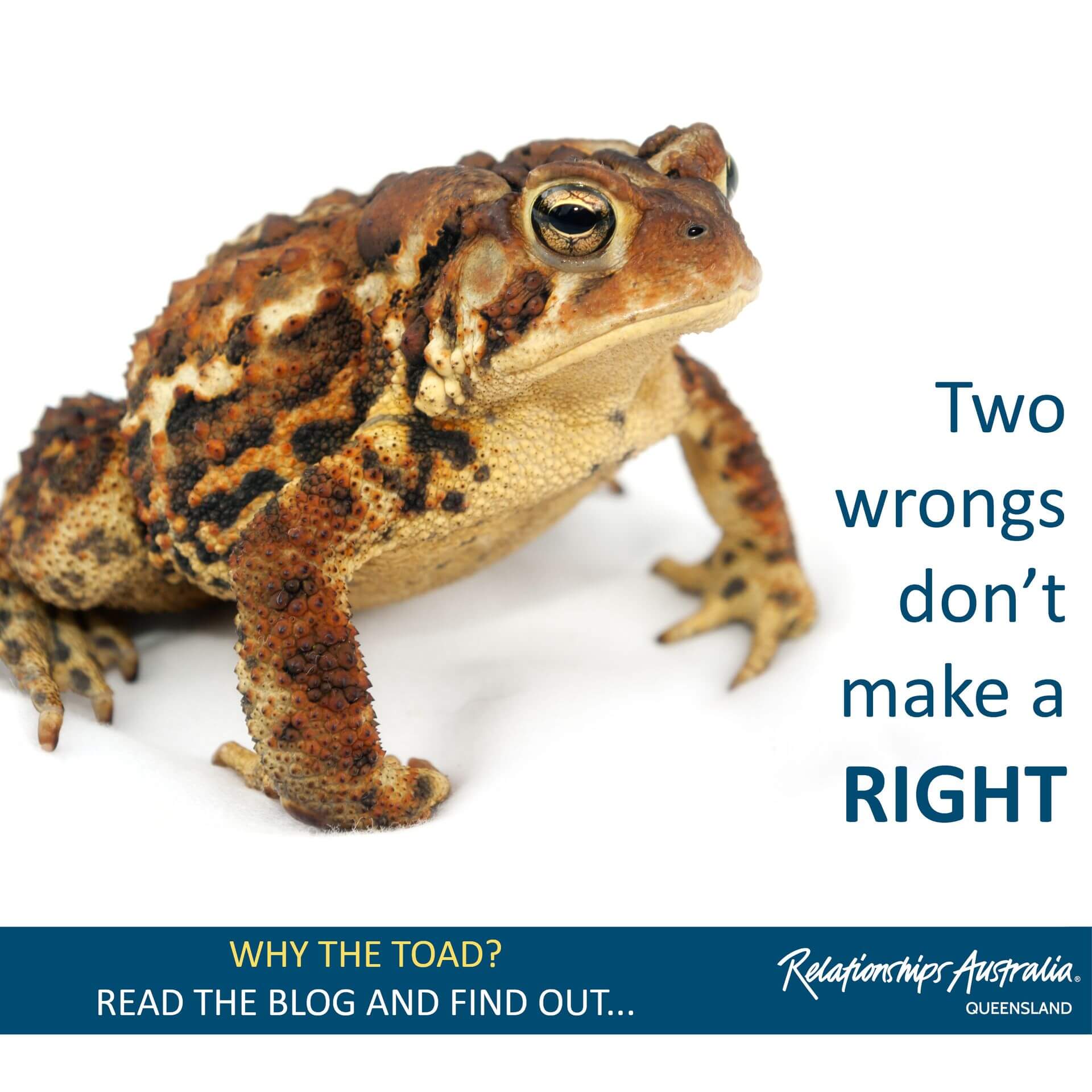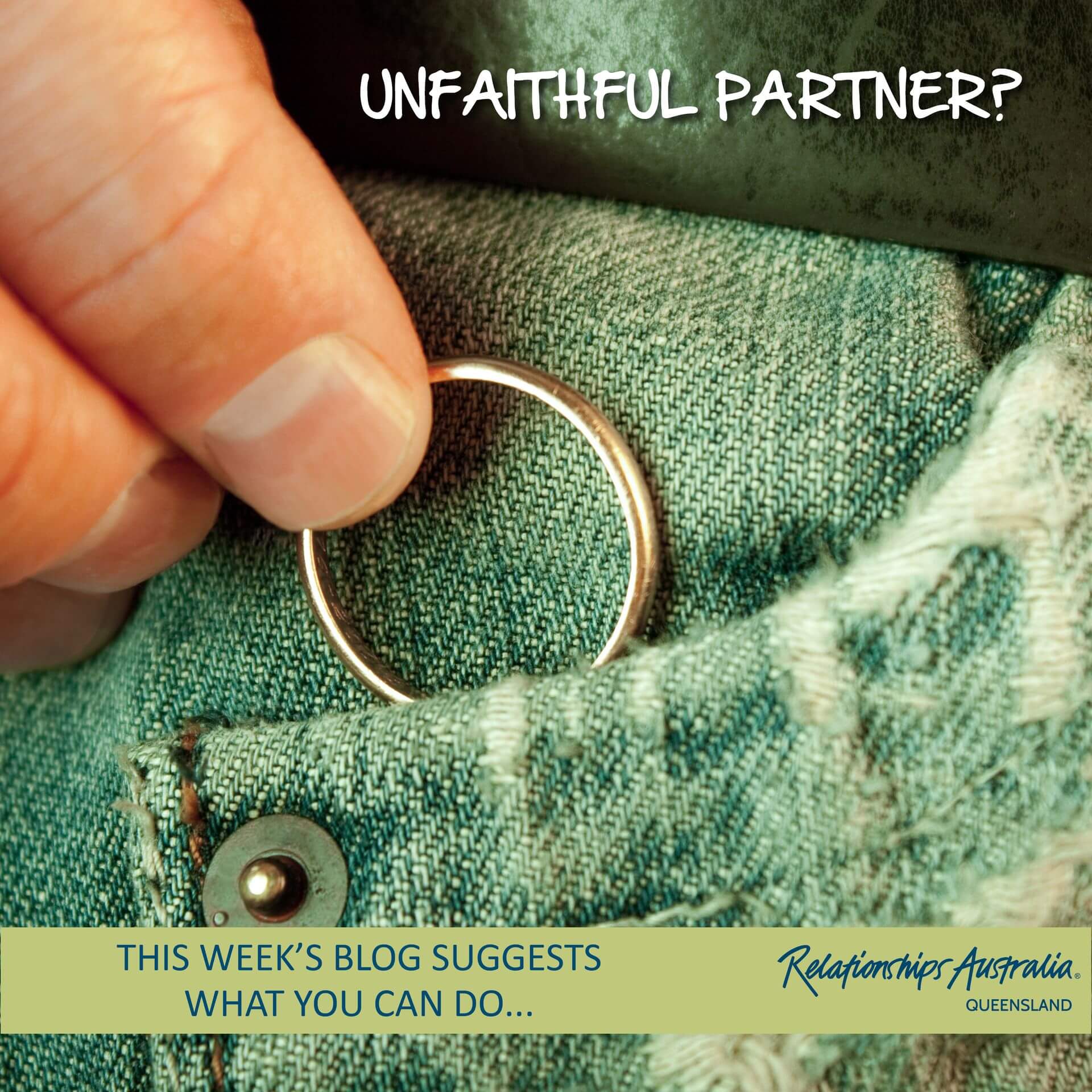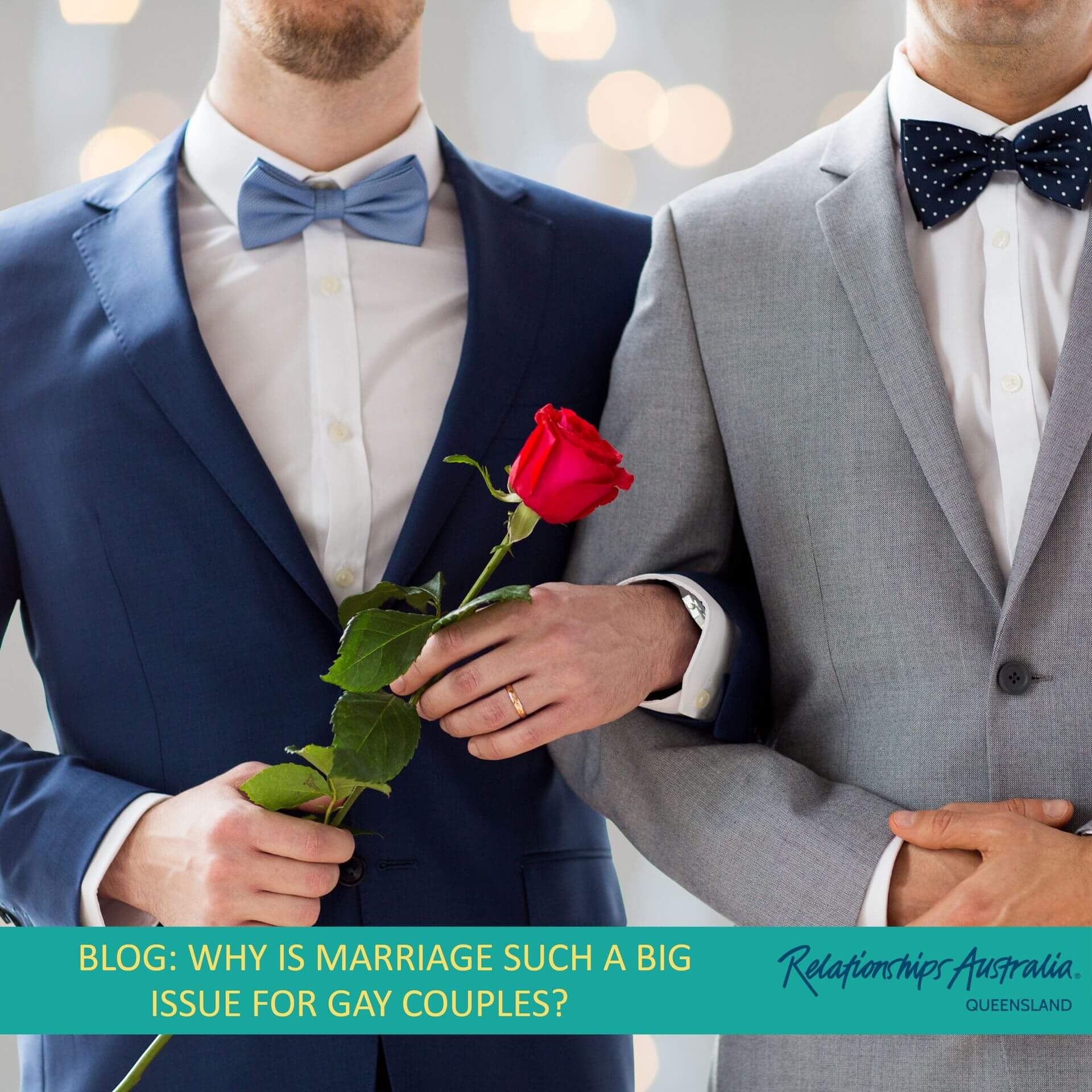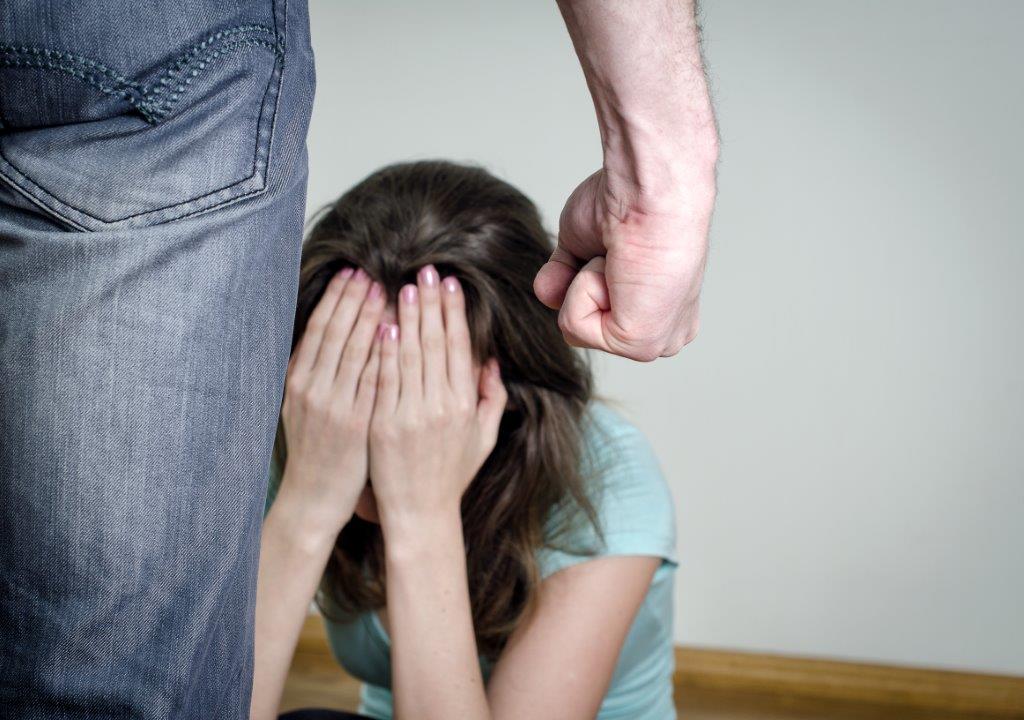Most of us would like to give our kids a Christmas day to remember.Watching them shake Christmas presents to guess what is inside, and being there as their eyes light up when they open their gifts, can be some of the most rewarding times as a parent. It is no wonder that sorting out contact arrangements for Christmas day after a family separation can be extremely stressful for many parents.
Old wounds quickly rear their head when it comes to deciding where the children will go on Christmas day. Some common complaints are “I’ve cooked, cleaned, nursed and raised those kids without any help from him/her, why should he/she get them for the most special day of the year?” or “She/he has a new partner, I’m going to be alone, the kids should be with me” or “I deserve to be with my kids on Christmas day, he/she has never shown an interest in them until now”. The list is endless, but the common thread to most reasons is they are about what parents need and what parents want.
Being a child focused parent means putting the needs of your child first. Sounds easy doesn’t it? When faced with making descions about such an emotional topic, sadly our sense of what’s best for our kids can be replaced by our own wants. Putting your kids first can take some practice, but here are some reminders to help keep you on track:
- Your children will still want to spend special time with both of you no matter how good/bad your ex-partner has been at parenting in the past
- Let them know you care and want to celebrate with them in your own special way. This is the most important thing, no matter which parent has the children on Christmas Day
- Time with your children should be positive and stress-free
Remember, saying negative things about your ex-partner is just as hurtful to your child as saying nasty things about them.
It is really important for you and your ex-partner to discuss what the children will do on Christmas day before telling them. This way, children can be protected from any hostility and conflict which may arise. Where children are involved in the decision making process make sure that they don’t feel their choices will hurt either parent’s feelings. Reassuring them that Christmas day is about what they want, and that mum and dad will be happy and continue to love them no matter what decision they make can help everyone enjoy Christmas.
Here are some suggestions for Christmas contact arrangements:
- If parent’s live some distance from each other, children could spend Christmas Eve to Boxing Day with each parent on alternate years
- If parent’s live close to each other, the children could spend time with one parent from Christmas Eve to 2:00pm on Christmas Day for example, and with the other parent until Boxing Day. The parents can then swap this arrangment over next year.
Remember that there are many things you can do with your children to celebrate Christmas even if they are not with you for the actual day e.g., Carols by Candelight, present shopping, decorating the Christmas tree, handmaking a special gift, speaking on the phone or webcam, or sending them a letter. The most important thing to remember is to make sure your children have good memories of Christmas. This means keeping your children out of any conflict, and making sure their needs are put first in any decisions that are made.
If you are unable to sort out contact arrangments amicably and would like to talk to someone about how to do so, Relationships Australia offers Counselling, Mediation and the Children’s Contact Service. Please call 1300 364 277 for further information and/or to make an appointment.
BE SOCIAL, SHARE!
This information may help someone you know. Please share this blog by using the orange SHARE link at the top of the page. You can also subscribe to receive future blogs straight to your inbox.
